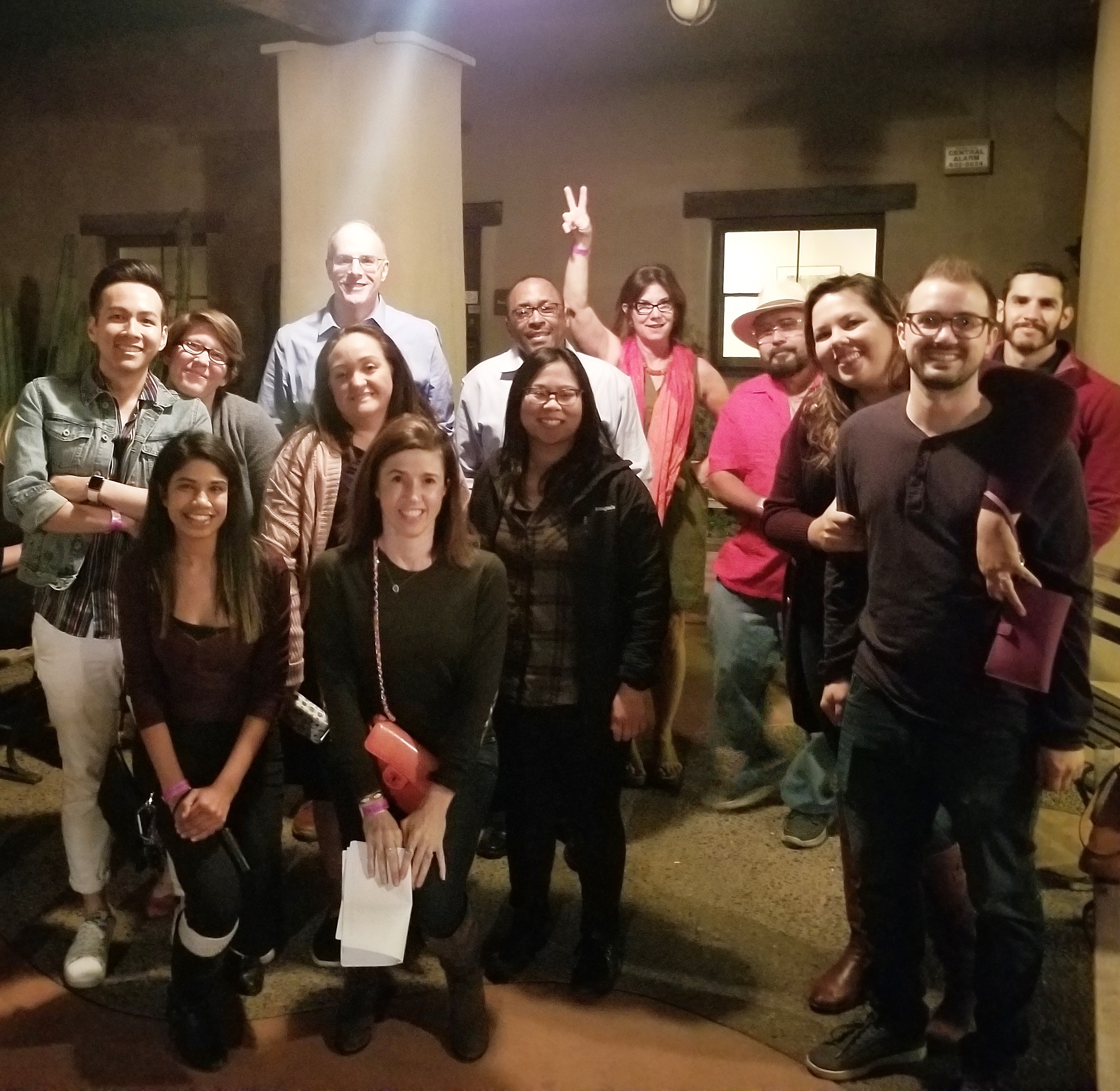The University of Arizona College of Medicine Addiction Medicine Fellowship Program is a one-year, full time fully accredited training program offered by COM-T Department of Psychiatry in conjunction with the Southern Arizona Veterans Administration HealthCare System in Tucson, AZ.

This program offers a variety of rich clinical experiences in two large health care systems plus a robust and comprehensive didactic curriculum.
Clinical experience in the program is achieved by rotations at the SAVAHCS Inpatient Detoxification Unit, Addiction consultation service in the medical hospital and emergency department of SAVAHCS, and in the Banner University Medical Center consultation service. Fellows also will provide collaborative care in the Primary Care teams and maintain a continuity clinic throughout their fellowship year. On these rotations, fellows will get career-specific training in the diagnosis, treatment, and management of substance use disorders as well as experience in the comorbid medical issues common in patients with addiction. Fellows will also rotate through a local community addiction clinic at the Pascua Yaqui Tribe, a local community clinic at CODAC, and an inpatient residential treatment center at Sierra Tucson. Fellows will be active participants in the teaching programs of the Department of Psychiatry, Family Medicine, and Emergency Medicine for residents, medical students, and allied professionals. They will partake in the didactic curriculum and will also be guided in an independent quality improvement project.
The experiences and lectures of this program are designed to provide fellows with the knowledge to practice in vitally important addiction medicine conditions, such as:
- Assessment and management of patients with substance use disorders and with co-morbid illness
- Models for integrating addiction medicine into primary care settings
- Management of acute withdrawal and intoxication syndromes
- Medication-assisted treatment of substance use disorders
- Chronic pain and addiction
- Patient counseling strategies to facilitate recovery
- Prevention and management of substance misuse complications

